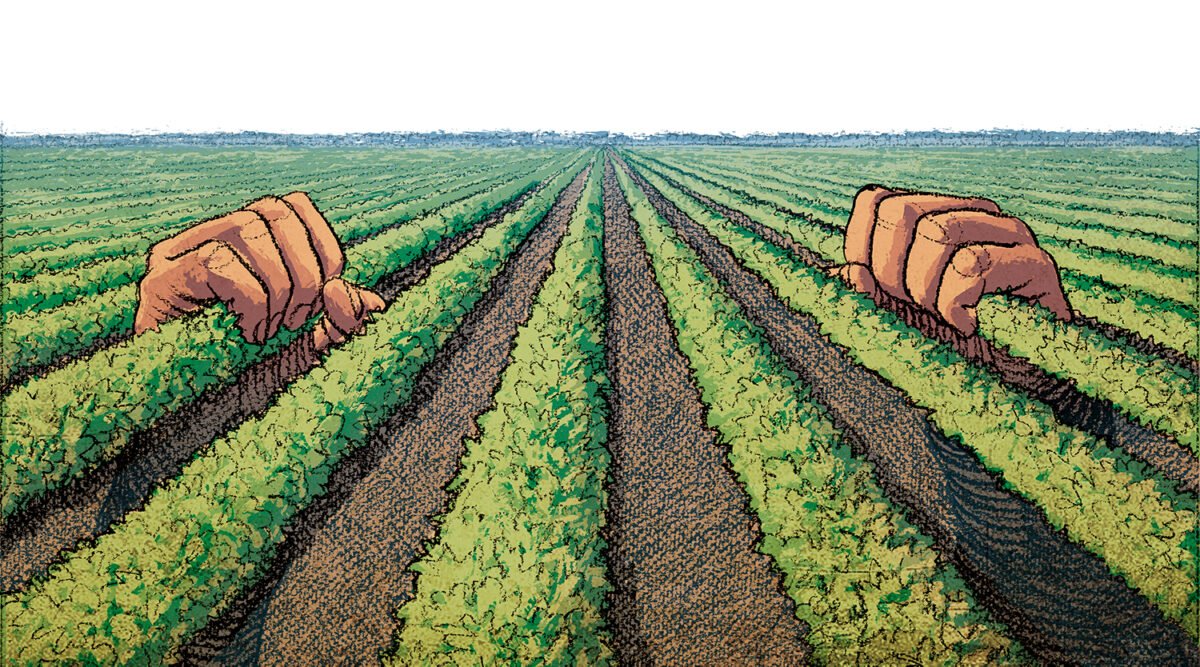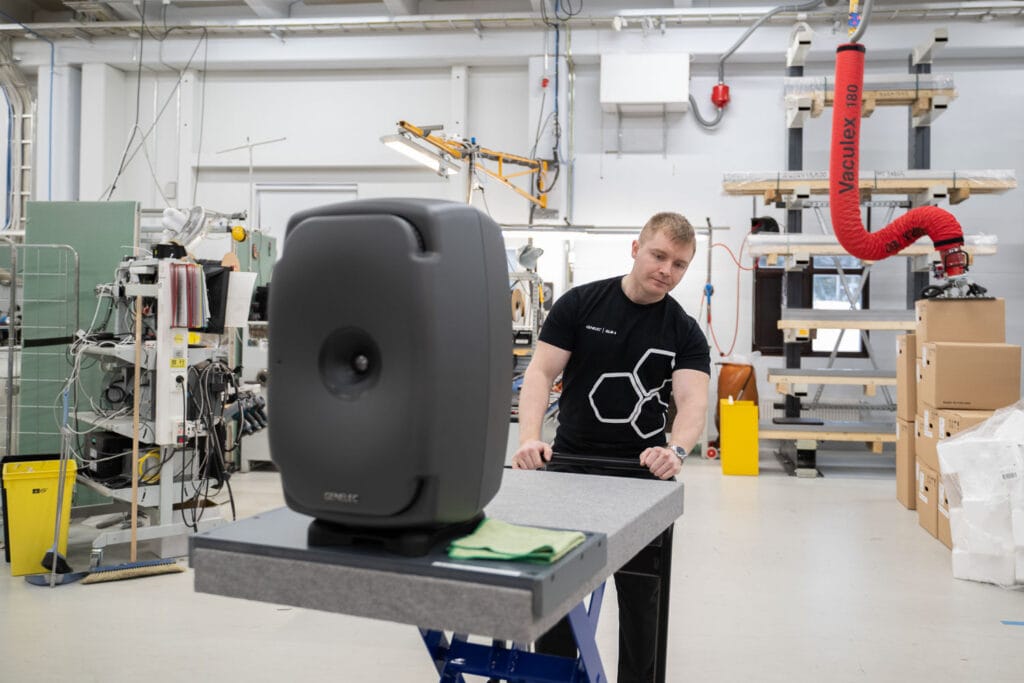Industrial Union defends migrant workers´ rights in agriculture
In theory, foreign nationals enjoy all the same rights in working life as their Finnish colleagues. In practice, this is unfortunately not always the case.
14.4.2021
The most common problems are connected to seasonal work in agriculture and tourism. The Seasonal Workers Act defines what constitutes seasonal work and nine months is the maximum time for contracts.
A direct employment contract between the seasonal worker and the employer in Finland is needed. There is a special residence permit for seasonal work for those coming from outside the European Union and EEA countries.
Seasonal workers are often in a vulnerable position. Invariably they depend on one single branch of work, their stay is only of a short duration, the two national languages of Finland sound pretty strange and the national legislation is not familiar. They are usually not members of the union either.
The Industrial Union also extends to agricultural work. All too often the union gets to learn of unpleasant cases whereby workers in agriculture are treated badly and cheated out of pay or working hours.
Seasonal workers are not the only vulnerable ones. There have been several cases where other foreign nationals in agricultural work have been mistreated contrary to the agreements and legislation.
How to act when there are problems at the workplace? First, you should discuss the matter with the employer. If this does not help, and there is a union shop steward, talk to him or her. Then you can investigate the problem together with the employer.
If this does not resolve the issue, you or the shop steward can contact the Industrial Union regional office. They can also offer service in English, if necessary. The union can then proceed with the issue by contacting the employer, employers’ union or even go to the court.
At the end of last year, the Finnish Government proposed a legislative amendment to make it possible to ban employers who have been mistreating foreign workers from further recruitment. And the victim would then get a residence permit to search for a new job in any branch.
This legislation is a major victory for us, says Eve Kyntäjä, Advisor for Migration Policy at The Central Organisation of Finnish Trade Unions SAK. Unions have been fighting for years for such legislation.
This issue of Tekijä includes a major article about the problems migrant workers face. The conclusion of the one of those interviewed, an Ukrainian agricultural worker, is clear:
– Know your rights. And join the Union.
TEXT HEIKKI JOKINEN
ILLUSTRATION VILLE TIETÄVÄINEN




